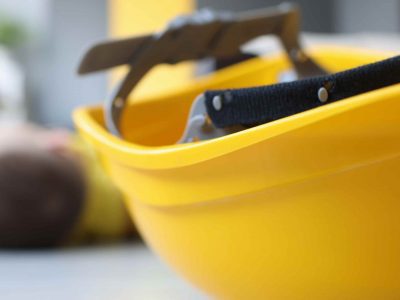As remote working practices have increased since the pandemic, organisations across the UK have been reviewing their responsibilities to lone workers. Many have realised that if a member of staff is now working in an area where they can not easily raise an alert, this constitutes lone working and require some way to raise an alarm.
Is a lone worker alarm system required in the UK?
As an employer in the UK, you are responsible for the health, safety, and welfare at work of all your workers (this applies to contractors, volunteers, or self-employed people) and includes people who work alone.
So, if the following scenarios apply to any of your employees, then yes, you are expected to have ‘systems in place to keep in touch with them and respond to any incident’: –
- Workers are expected to be alone onsite.
- Workers work on a large site where they are out-of-reach and cannot be seen or heard at all times by a colleague or supervisor.
- Workers travel alone regularly to or from sites during business hours to do their jobs.
- Workers stay by themselves on-premises before or after core working hours.
- Workers work ‘on the road’ or in different locations.
Lone worker devices and alarm systems like our Worker Sentry can provide peace of mind for both you and your staff, and help you remain compliant with current legislation.
Lone worker risk assessment and resources
We suggest you start by checking out the Health and Safety Executive’s guidelines on lone worker protection and the publication Protecting lone workers: How to manage the risks of working alone(3/20).
Then conduct a lone worker risk assessment, and bear in mind that employees who work alone should never be at any more risk than those who work with others – even if they are only working alone temporarily in these unusual times.
If you want like to discuss any lone working equipment or issues raised in this article, do contact us on 01280 845530 or email info@mdh-uk.co.uk.



 New Spa and Gym Wireless Alarm
New Spa and Gym Wireless Alarm